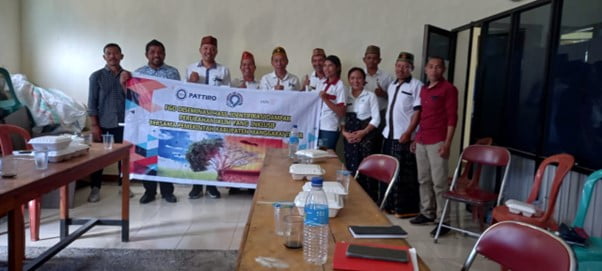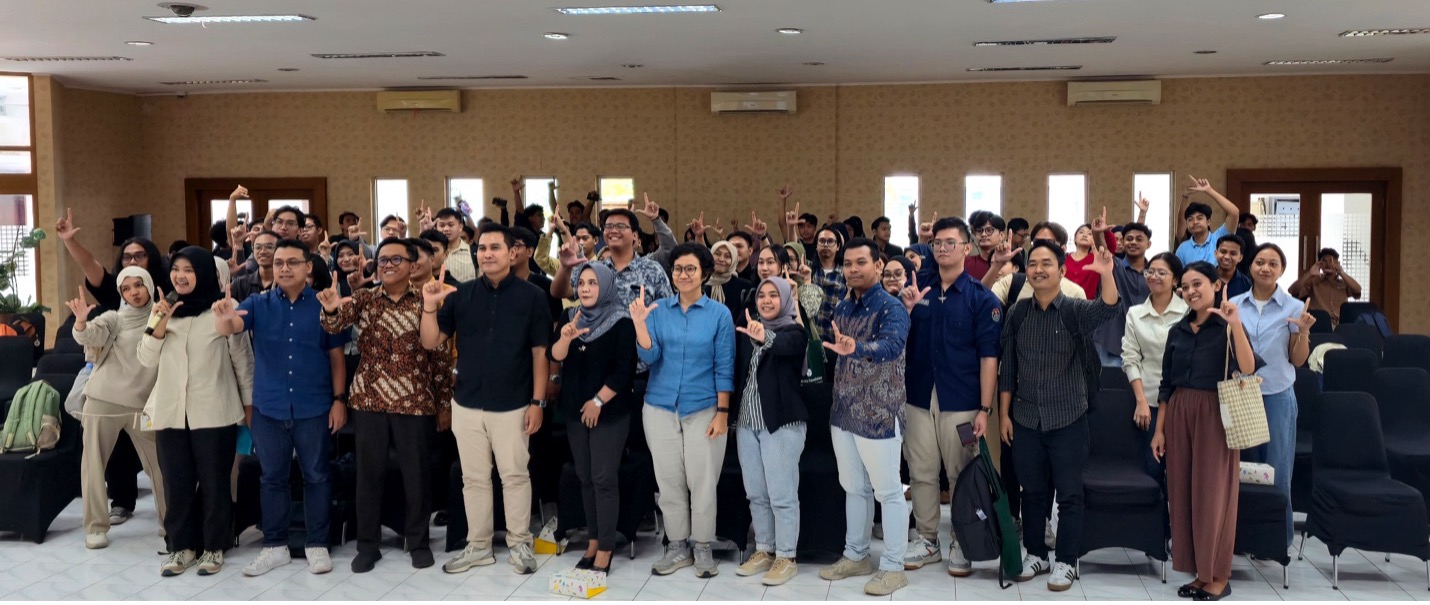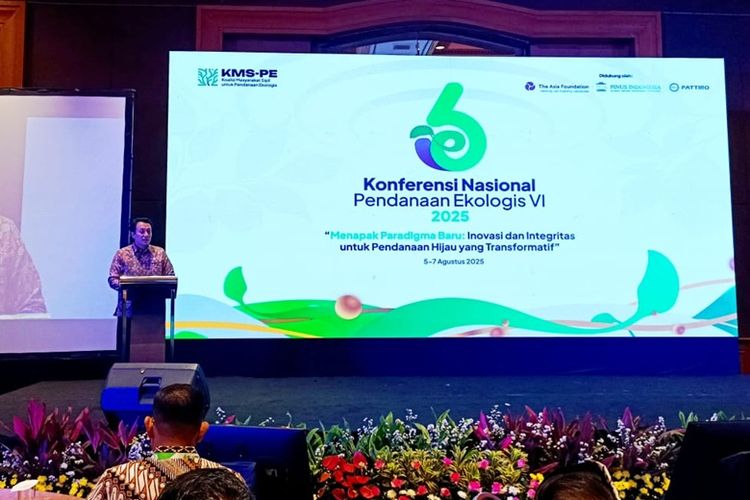
Over the last 20 years, communities in East Manggarai Regency have felt some signs of climate change, such as shorter rainy seasons, heavy rainfall, longer dry seasons with a duration of 7-8 months, and extreme heat in certain months. Droughts are increasingly common. This has led to a decline in rice yields in technically irrigated rice fields, rainfed rice fields, and coffee as the farmers’ main cash crop. This condition was revealed in field studies and in-depth interviews with farmer groups, community leaders, and Women Farmers Groups (KWT) in 2 villages and 2 sub-districts conducted by Yayasan Ayo Indonesia.
In response, the Voice for Inclussivenes Climate Resilience Action (VICRA) program partner, Yayasan Ayo Indonesia, and the Regional Development Planning and Research and Development Agency (Bappelitbangda) of East Manggarai Regency held a Focus Group Discussion (FGD) related to the dissemination of the results of the climate change impact identification study in 2 villages and 2 sub-districts in East Manggarai Regency, East Nusa Tenggara. The discussion, which was held on Thursday (25/8) at the Meeting Hall of the Bappelitbangda office of East Manggarai Regency, was attended by 28 people consisting of the Agriculture Office, Food Security Office, Bappelitbangda, Regional Disaster Management Agency, Village Community Empowerment Agency, media, staff from Yayasan Ayo Indonesia, and representatives of farmer groups from the study locations.
Ferdi Bembok, Head of Economic, Natural Resources, Infrastructure, and Territorial Affairs of Bappelitbangda of East Manggarai Regency, said that this meeting aims to formulate recommendations related to efforts to mitigate the impacts of climate change, based on the results of a study to identify the impacts of climate change in four locations in East Manggarai Regency that was conducted by Yayasan Ayo Indonesia in May and July 2022 through the VICRA program.
Climate change will greatly disrupt the availability and food supply chain of rice in East Manggarai District. For the local community, rice is a source of food and also a source of income to finance education, customary affairs, and social community needs.
“If there is crop failure due to climate change, this will have an impact on the economic conditions of farmers and they can even become poor at an extreme level,” said Ferdi.
The Secretary of Bappelibangda of East Manggarai Regency, Matias Mingga, said that people or farmers in East Manggarai Regency are not ready to face climate change. This climate change has resulted in changes in cropping patterns and erratic rainfall. According to Matias, farmers still follow old cropping patterns. This causes frequent crop failures and a decrease in rice yields. If this is not addressed with strategic measures, the food stock produced by rice farmers in East Manggarai Regency will be disrupted and we will depend on rice from outside.
Communities actively involved in the study on the impact of climate change in Rana Loba and Watu Nggene villages admit that their rice yields have decreased by around 30-40 percent. The cause is the attack of white armyworm pests when rainfall is very high. Climate change has an effect on increasing the population and attack of pest organisms (OPT) on plants. Farmers who grow field rice or rain-fed rice paddies in Watu Ngene Village, Golo Ndari Village, and Golo Ngawan Village are forced to abandon their land due to the uncertainty of the rainy season, and often experience crop failure. Rice production in Golo Ndari and Golo villages has also decreased by around 40-50 percent. The planting season for rice in rainfed paddy fields usually falls in November, but in the last 15 years the planting season has been pushed back to December, January and February.
Field rice production is also affected by the impact of climate change due to the longer drought period. This is exacerbated by shifting rainfall patterns.
The VICRA program coordinator for Yayasan Ayo Indonesia, Rikhardus Roden, explained that East Manggarai Regency, is one of the districts in East Nusa Tenggara Province designated as a super-priority location for climate resilience development actions by the Ministry of National Development Planning (PPN)/Bappenas. He also added that a field study conducted by Yayasan Ayo Indonesia found that the main commodities of East Manggarai farmers, such as coffee (Arabica and Robusta) and cloves, experienced a decline in production. Clove plants in the last two years did not bear fruit while both types of coffee in Golo Ndari and Golo Ngawan villages produced little because the rains did not occur in August and September.




